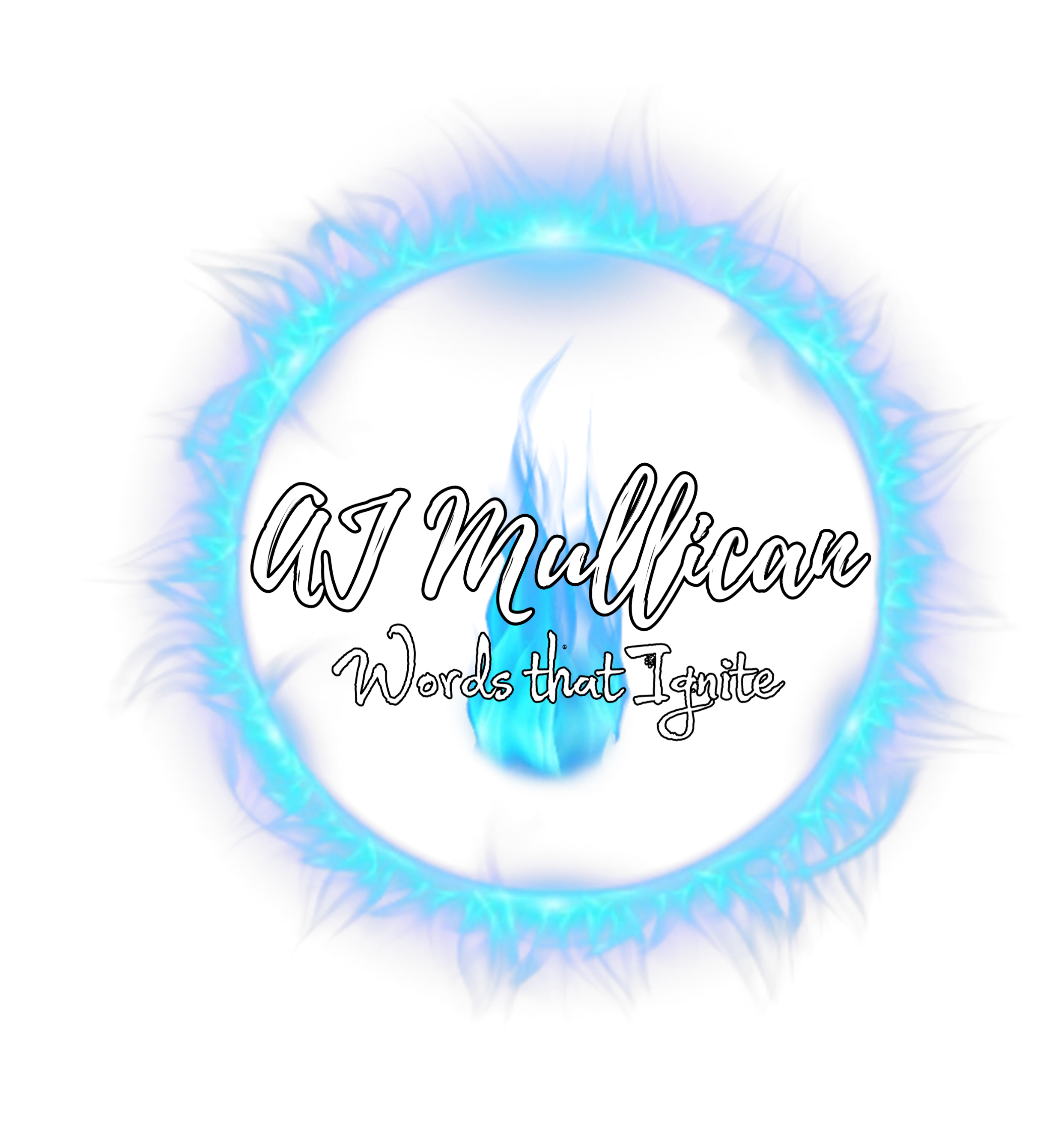Okay, so I’ve seen quite a few tweets lately on my Twitter feed about a certain actress deleting her Twitter account due to wanting to be more private. Some people are downright devastated by this! Why? Why the obsession? Why cry or lament over a person that you may have met in passing (or may never have met at all) deciding to keep their private life private? Don’t celebrities have that right?
I, for one, have never felt that celebrities are obligated to engage in social media. If they choose to do so, fine; I’ll follow the ones I like and enjoy their occasional posts. But if they decide to leave social media (or forgo it all together), what right do I have to get upset? Would these fans get upset if their distant cousin twice removed on their mother’s uncle’s in-laws’ side decided on a social media blackout? I doubt it.
Celebrities are people, too. I think this is something that gets forgotten, because their lives are so widely publicized that total strangers may become deluded into thinking that they “know” the celebrity enough to be “close” to them. Sure, they may retweet something you tagged them in (or even–*gasp!*–reply!), but that doesn’t mean they know you. It doesn’t necessarily mean that they’ll remember you after the retweet button is pressed.
Now, I’m not saying that this doesn’t happen. I’m sure it does on rare occasions. However, in these days of social media saturation I think it’s important to keep a realistic mindset of things. You may see so many “backstage” photos or fun facts that you think, “Hey, he/she gets me. They know that I’m reading this, know that I care about them, know that I’m following their every online move. This is not necessarily the case.
Some celebrities do follow fans and keep track of the goings-on in their lives, but it’s rare. Most have so many fans that they simply don’t have the time or resources to read every single tweet or message. If they’re shooting a film, writing a book, or recording an album, they may not have the luxury of sitting down to a computer, tablet, or smartphone and scroll through thousands upon thousands of notes, tweets, and messages. Is it nice when they do get the chance? Sure. Should it be expected of them? No.
I respect the actress’s decision to pull away from social media and take a break–or a permanent hiatus. It’s her right. If she were a normal average Joe, few strangers would feel the heartbreak that I’ve seen expressed over her leaving.
When a celebrity chooses to go off-grid, let them be. Understand that they may already be hounded by paparazzi and the media in general. Respect their privacy. And realize that they’re not doing it to hurt or upset fans; they’re doing it to regain some semblance of a normal, private life.
